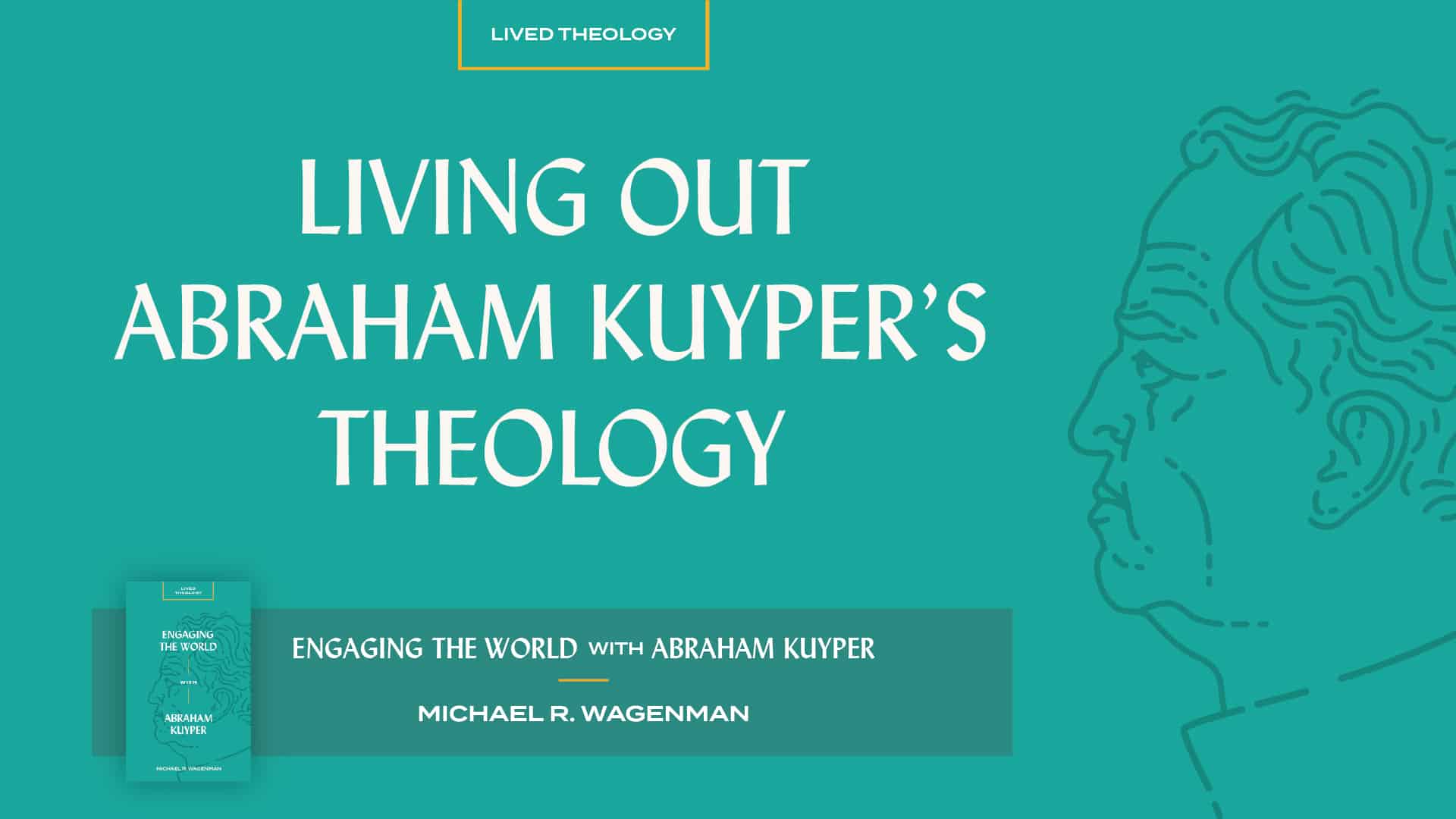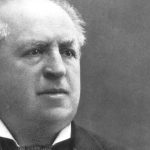
When Christians imagine what it means to engage the world or bear witness to Christ, we often think first of personal piety and relational evangelism. These are good and necessary, but is there more?
North American culture is increasingly secular, especially at the elite levels of society. As a result, Christian faith is becoming more marginalized and Christians struggle to know how to respond. Should Christians engage in some kind of “culture war” to regain a dominant place in society? Should Christians reject the growing secular culture and retreat into a Christian subculture, disconnected from the public stage? Should Christians accommodate their historic faith to be more acceptable to non-Christians today? These, and many more options, are hotly debated today.
The Lived Theology of Kuyper
Today Christians have an ongoing need for models and mentors of fully formed and engaged Christian faith and life. One dynamic example from recent history that we could still learn much from is Abraham Kuyper (1837–1920).
Kuyper was a Christian leader who engaged his culture—in a fascinatingly wide array of ways—with the single goal of displaying the beauty of Jesus Christ and his relevance to life. He was a brilliant but flawed man. Despite Kuyper’s shortcomings, God used Abraham Kuyper during a key period of Dutch, European, and North American history.
Abraham Kuyper was a pastor, journalist, theologian, politician, institution-founder and builder, church reformer, and cultural critic. His peers regarded him as a theological genius. But it was his sustained concern for ordinary Christians and their public witness that animated his prodigious life.
Engaging the World like Kuyper
Kuyper was convinced that the problem of how the church related to modern society was “none other than the problem of Christianity itself.” Kuyper believed two things about the church.
First, the church has a God-given role to play in the civic marketplace of cultural institutions.
And, second, this role cannot be carried out faithfully if the church retreats into the private sphere and adopts a defensive posture against the world or accepts the sacred-secular dualism and engages in a restricted ministry of only saving souls for heaven.
Living Out Kuyper’s Theology
And so Kuyper worked tirelessly to motivate Christians to be active in a wide array of cultural endeavors without forfeiting their Christian faith and convictions. As we will discover, Kuyper was convinced that it is through active Christian engagement in culture that the lordship of Christ is displayed to the world. And Kuyper helps us understand how he approached his cultural roles. By exploring his thought we can begin to imagine how God might be calling Christians today to be active in the public square as well. In this way, Kuyper serves as an excellent example of how Christians today can bear witness to the lordship of Christ across a range of cultural endeavors.
Kuyper can help us discover for our own time and place how to engage the world with the comprehensive gospel of Jesus Christ.
This post is adapted from Engaging the World with Abraham Kuyper by Michael R. Wagenman (Lexham Press, 2019).





